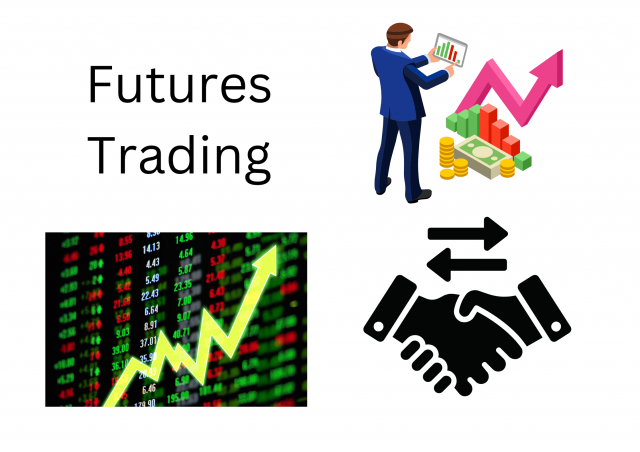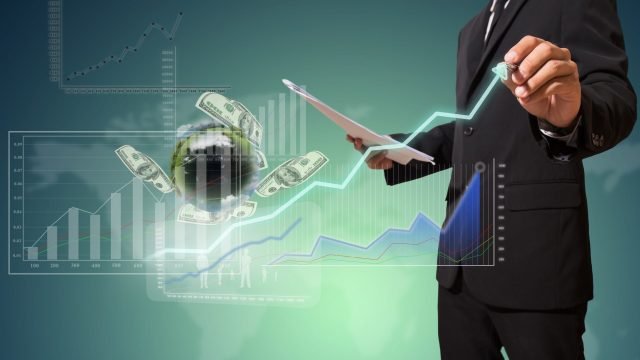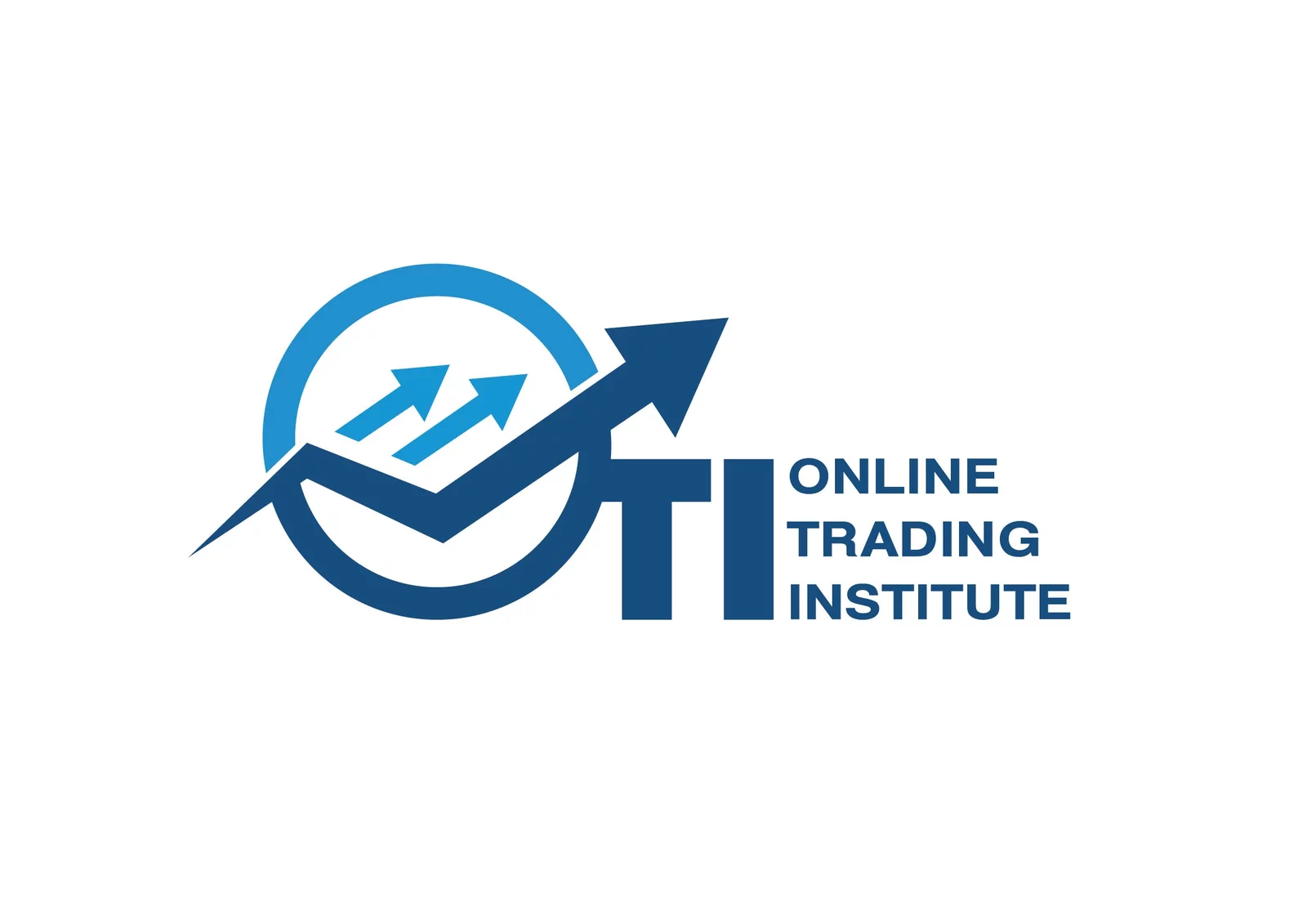Futures Trading Returns in India: Futures Trading is one of the most interesting forms of trading in the stock market. To understand Futures Trading, you have to understand derivative trading.
Derivatives are financial contracts that derive their value from the price movement of another financial item. It can be applied across multiple trading segments.
Derivative trading is the trading mechanism in which traders enter into an agreement to trade future date or a certain price, after understanding what the future value of the underlying asset of the derivative is expected to be.
Derivatives at the financial contracts that derive their value from the underlying assets in this case can be equity, commodities, indices, currencies rates of interest or exchange rates.
Futures are mainly used for hedging commodity price-fluctuation risks or for taking advantage of price movements rather than buying or selling of the actual cash commodity which is done with a stock.

Futures contracts are available on four different assets – Stocks, Futures contracts, currency pairs and commodities. There are two primary participants in futures trading – the Hedgers and Speculators. Hedgers use futures for protection against irrational or rapid future price movements in the underlying cash commodity. Hedgers are usually businesses, or individuals, who at one point or another deal in the underlying cash commodity.
The formats of commodity futures trading or currency futures trading, all their own respective rules, risk levels and return ranges. Investors should be aware before venturing into futures trading.
What is Futures Trading?
Meaning & Function
Futures Trading involves a legal agreement to buy or sell a derivative at a predetermined price at predetermined time in the future. The underlying asset of the derivative can be commodity or a financial instrument. In Futures Trading, the buyer and seller have an obligation to fulfil the contract at the predetermined price and time. The predetermined price is called the futures price and the predetermined is called the delivery date. The account size of for futures trading in India is not fixed.
Futures Trading Characteristics
Key Characteristics of a futures contract :
Price of the futures contract depends on the price of underlying asset : If the price of the underlying asset goes up in the future, the price of the futures contract goes up to, and vice versa.
- Transferable and tradable : Future contracts are transferable and therefore tradable. If one party changes their mind during the contract, it can be transferred to someone else and that party can move out.
- Highly regulated : Futures Trading involves risks of both the parties not fulfilling their obligation, the futures market is highly regulated by regulatory authorities like SEBI.
- Standardised : Future contracts are always standardised and they cannot be customised according to individual requirements and the conditions are non-negotiable.
- Settlement : Futures contracts are settled in contact, physical movement of the assets are not required.
Note: Before moving into futures trading it is important to understand the basics, otherwise it can lead to financial losses or hassles.
Future Trading Strategies
- Long Call
Investors can go bullish in this strategy and go for a buy trade at a predetermined price on a future date.
- Short Call
You stay bearish in this strategy and go for a selling trader at a pre-determined price on future date.
- Short Put
In the following strategy the seller will be obliged to sell off the shares at a pre-determined price on the expiry date if the buyer chooses to exercise the options contact.
- Long Put
Here the buyer gets a choice/right to buy the option at a pre-determined price in the future date. The seller will be obliged to sell it to you at that price.
- Bull Put Price
Here 2 options contracts come into play simultaneously where you buy and sell two options contracts at the same time.
- Bear Call Spread
Here two option contracts are into action where two calls are taken of the same underlying asset and expiry date. The strike price of the call option bought must be higher than the strike option of the call option sold.
There are lot of strategies for future trading that can be employed based on the market trend and the trader’s objectives.
- Futures Trading Charts
When you use chart and chart patterns for the fundamental or technical analysis of stocks, ensure that the charts are easy to use and are understandable as per your trading capacity and experience.
Best Chart Patterns for Futures TradingSome of the most recommended charts and chart patterns are
Some of these chart patterns are advanced level traders and that is why understanding how these patterns work must be first step towards analysing stock market for futures trading. |
Future Trading Requirements
There is no specific requirement on the capital. The investor can start with any amount depending on the contract they are looking to get into. There might be margin requirements. However you would need to pay small amount of overall trade turnover mount.
However, you would need to pay a small amount of the overall trade turnover amount.
Choose a stockbroker which is suitable for futures trading.
Futures Trading Risk
Futures Trading can bring unlimited profits on the table. And as the rule suggests, high returns requires one to take higher risks. Few risks are associated with futures trading that the investors must be aware of.
If the market goes opposite to your expectations, then you may run into large monetary liabilities.
You are supposed to complete your settlements on a regular basis. Thus, you need to manage your capital accordingly.
Like every trade decision you make, you need to be wary of the direction and the price point you pick in these trades.
Investors need to educate themselves with the specific details about how futures trading works from both sides.
Futures Trading Advantages
Some of the benefits of using futures trading as a part of your investment plan :
⇒ Leverage due to the provision of margin trading
Using the margin trading account, positions can be taken in the futures market by paying only a fraction of the total contract value.
⇒ Liquidity
The number of futures contracts traded everyday is quite high, so the futures market is very liquid.
⇒ Low brokerage costs and commissions
⇒ Hedging
Futures Trading is a very important mechanism for hedging or diversification of portfolios and risks.
⇒ Short Selling
Short Selling of futures contract is legal and the trader is able to sell a futures contract to get short exposures to a stock.
⇒ Fair and easy to understand

Futures Trading Challenges
The challenges are tough since the profits are high. Some of the challenges the investors can face are :
⇒ Staying Objective
Don’t make decisions based on emotions.
⇒ Getting distracted
Be focussed and pay attention to details. Conduct enough research and analysis.
⇒ Shutting Yourself
Keep learning new concepts as the stock market is very dynamic in nature.
FAQS
Q.) How does margin trading work?
Answer : A futures market is an exchange where investors can buy and sell futures contracts.
Q.) What is futures trading in simple terms?
Answer : Futures are a type of derivative contract agreement to buy or sell a specific commodity asset or security at a set future date for a set price.
Q.) Is trading futures better than stocks?
Answer : While futures can pose unique risks for investors, there are several benefits to futures over trading straight stocks. These advantages include greater leverage, lower trading costs, and longer trading hours.
Q.) Can I sell futures immediately?
Answer : Unlike stocks, you can sell futures without making a previous purchase.
Q.) Are futures just gambling?
Answer : There’s one key element that sets futures trading apart from gambling: you. The individual determines the rules of the game ― not the casino.
Futures trading is a relatively risky approach and it must be practiced by a trader after judiciously considering his capital, risk appetite and investment objective. We hope that you liked this article. If you found it useful, please share it with your friends. Stay updated for more articles.
